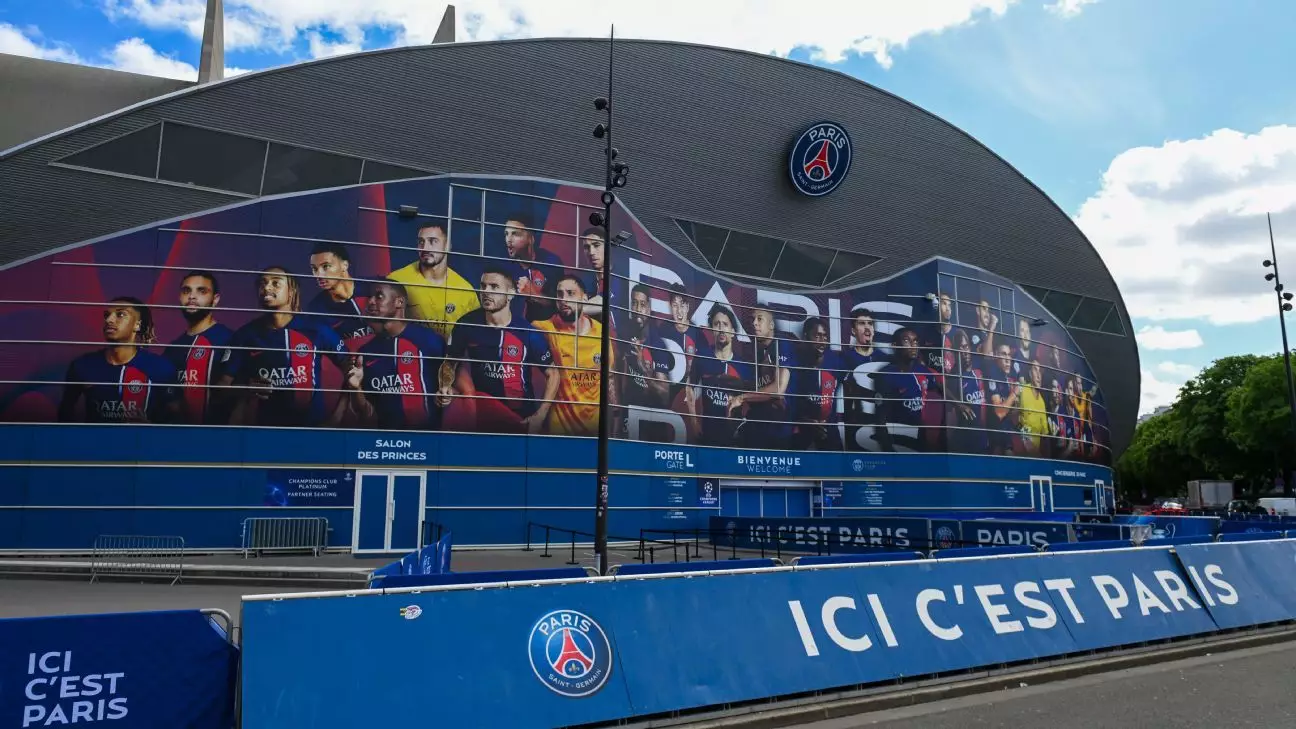In recent years, Qatar has made significant inroads into various global markets, with investments spanning properties, sports franchises, and media. France, particularly, emerged as a focal point for Qatari investment, primarily through entities such as the Qatar Investment Authority (QIA) and Qatar Sports Investments (QSI). Since the acquisition of Paris Saint-Germain (PSG) in 2011, the perception was that Qatar was deeply committed to developing a robust presence in French affairs. With an impressive portfolio that included high-profile athletes and properties, investment in France seemed stable and promising. Yet, recent developments indicate a marked withdrawal from this once-favored market.
According to recent reports, including insights from ESPN, Qatari investment vehicles have begun to cool their interests in France. This strategic pivot is not a knee-jerk reaction to external pressures, including legal troubles faced by PSG president Nasser Al-Khelaifi, but rather a calculated decision stemming from a combination of factors. Over the past year, QIA and QSI have begun divesting portions of their French portfolio, signaling a desire to recalibrate their investment landscapes. The specific motivations behind this shift include growing frustrations with treatment from local media and national policymakers, alongside a broader reassessment of their assets.
One aspect that has drawn attention is the investigation into Nasser Al-Khelaifi. Although the inquiry does not relate directly to his management of PSG, the implications for his reputation and the broader Qatari presence in France can’t be overlooked. The preliminary charges against him underscore the complexities of operating in a foreign market, where political and legal frameworks can intersect in unpredictable ways. Al-Khelaifi has categorically denied the charges, labeling them as baseless, but the scrutiny adds an additional layer of challenge to Qatar’s interests in France.
Qatari officials contend that Al-Khelaifi is unjustly targeted within what they describe as an “inherently flawed process,” driven largely by his prominent status. Whether or not these allegations will lead to significant repercussions for Qatar’s investments remains to be seen, but they undoubtedly contribute to a climate of uncertainty.
The hesitance displayed by QIA and QSI to deepen their ties and investments in France can largely be attributed to a broader sentiment of mistrust. Key players in Qatar’s investment landscape have reportedly grown weary of perceived unfair treatment, whether from the media, the justice system, or influential politicians. With sizable stakes already in the ground, the Qatari approach appears to be shifting from aggressive expansion to cautious evaluation.
This evolving sentiment is evident in QIA’s recent moves to offload parts of its French assets, once viewed as long-term commitments. These transactions signal a potential retreat from what was considered a cornerstone of Qatari operations in Europe.
Despite the cooling of relations with France, the Qatari investment strategy indicates an openness to exploring other avenues. The successful minority stake acquisition by the American investment fund Arctos, in partnership with NBA star Kevin Durant for PSG, illustrates QSI’s intention to diversify and attract outside investors. Moreover, investments in Portuguese football club Braga represent an eagerness to extend fiscal influence beyond the borders of France.
Furthermore, discussions surrounding investments in Saudi Arabia from beIN Media Group highlight a proactive approach to exploring lucrative partnerships in the region. As the Qatari strategy evolves, it seems to favor a broader international scope rather than a singular focus, potentially mitigating risks associated with local political climates.
While Qatar’s investment vehicles have robustly engaged with various international markets, the current scenario in France demonstrates the intricacies and challenges of foreign investments. The cooling of interest undergoes a multi-layered analysis that incorporates legal, political, and social dimensions. As Qatari officials reassess their investment strategies, the focus now shifts to developing alternatives while maintaining a careful eye on previous commitments, thus ensuring diversified growth in a rapidly changing global investment climate.

